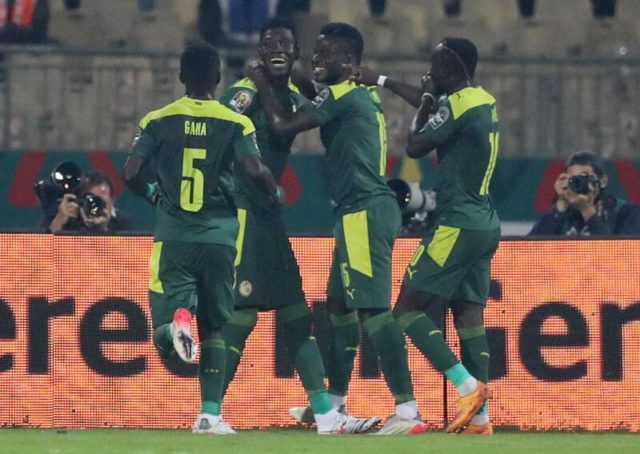The semi-final line-up of the 2022 AFCON shows the axis of power on the African continent has to shift from North Africa to West Africa.
Cape Town – The semi-final line-up of the 2022 AFCON shows the axis of power on the African continent has to shift from North Africa to West Africa.
West Africa will be represented by Burkina Faso and Senegal in the semi-finals starting on Wednesday.
In the other semi-final, Cameroon (Central Africa) will play seven-time AFCON winners Egypt (North Africa). The Burkina Faso vs Senegal match-up ensures there will be at least one West Africa team in the final.
Egypt and the other UNAF (North Africa) teams Algeria (2), Morocco (1) and Tunisia (1) have dominated AFCON for many years and collectively have 11 titles.
ALSO READ: Senegal see off spirited Equatorial Guinea to march into Afcon semis
Their closest rivals have been countries from the West African Football Union (WAFU-UFOA) who in the last few years have stopped the North African teams from dominating. The West African countries Ghana (4), Nigeria (3) and Ivory Coast (2) collectively have nine titles.
The last five winners are Zambia (2012), Nigeria (2013), Ivory Coast (2015), Cameroon (2017) and Algeria (2019). Two of these countries are from West Africa, the most by any CAF region.
A look at the quarter-final line-up also points to a strong West Africa representation although they are matched by North Africa who also have three teams. West Africa have Burkina Faso, The Gambia and Senegal. North Africa were represented by Egypt, Morocco and Tunisia.
ALSO READ: Burkina Faso win provides brief respite troubles back home
Traditionally players from North Africa have fared the best at AFCON but this year players from West and Central Africa have made the headlines, apart from the class act Mo Salah of The Pharaohs.
During the group stage, Cameroon’s Vincent Aboubakar and Guinea’s Ilaix Moriba were among the star performers. Aboubakar was the leading goalscorer and the 19-year-old Moriba, who plays in Spain, was easily the best player in Cameroon.
ALSO READ: Karl Toko Ekambi double sends Cameroon into semis
Another West African Nigeria’s acting head coach Augustine Eguavoen caught the eye. CAF named the best coach (after the group stage) after he guided his side to maximum points. Nigeria was the only team to win all group matches at this year’s tournament. Nigeria defeated Egypt, Sudan and Guinea Bissau
Egypt’s goalkeeper Mohamed El Shennawy was the pick of the goalkeepers during the group stages with two clean sheets.
ALSO READ: ‘We deserved to win’, says Quieroz as Egypt advance to Afcon quarters
Comoros flew the flag for East Africa. They picked up the ‘Surprise Team’ accolade after defeating African powerhouse Ghana and went on to reach the Round of 16 stage. Incredibly, Ghana failed to win any of their three matches.
CAF’s prize for the ‘Revelation Team’ was shared by Equatorial Guinea (Central Africa) and The Gambia (West Africa).
ALSO READ: Zambian referee blames heatstroke for blowing early in Afcon clash
Further proof of West Africa’s rise as a superpower of African football is the presence of four teams (out of 10) in the final round of CAF World Cup play-offs. The countries are Senegal, Ghana, Mali and Nigeria.
Unfortunately, West African rivals Ghana and Nigeria will clash in one of the five final round qualifiers.








